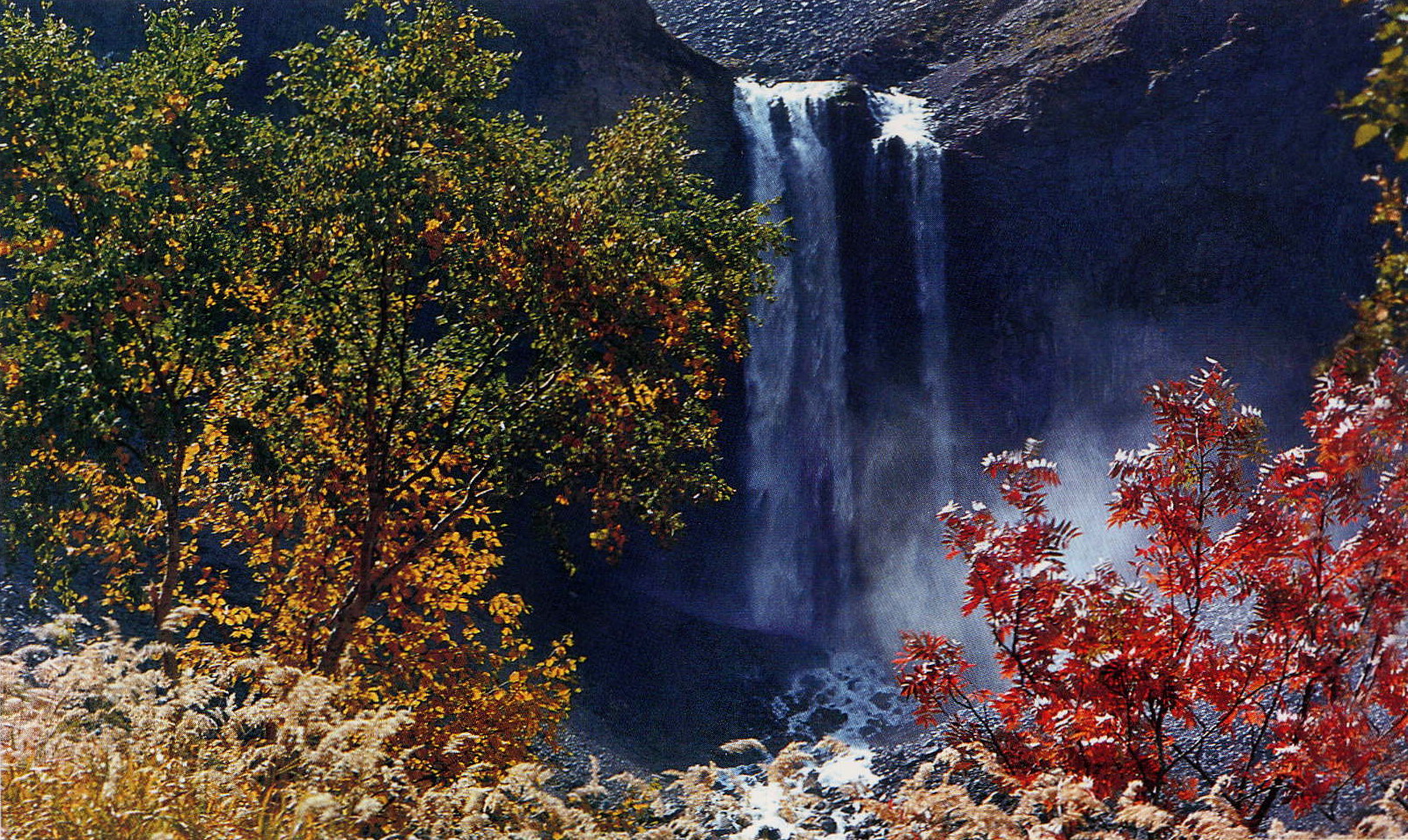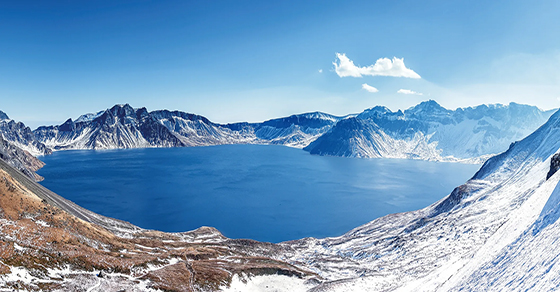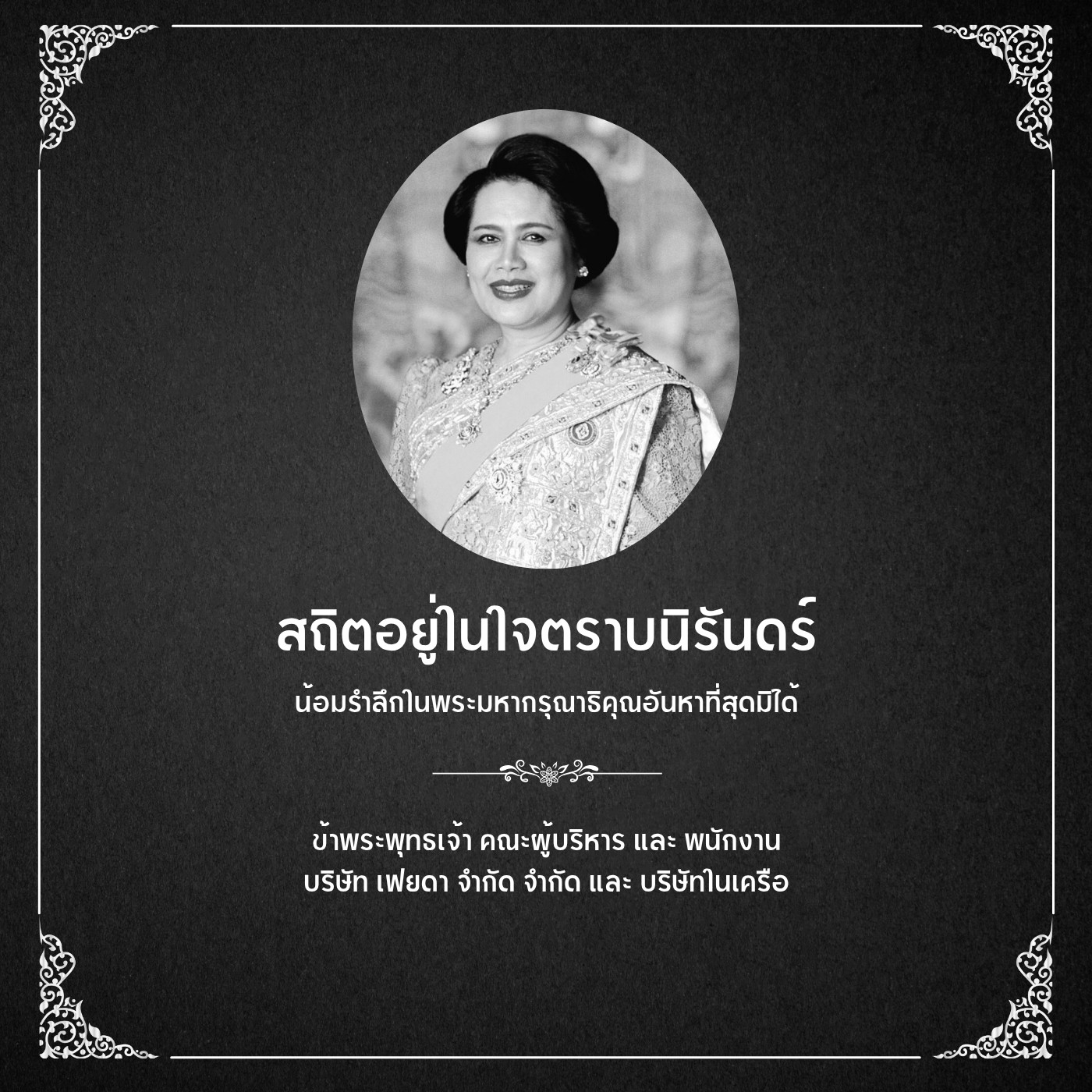เทือกเขาฉางไป๋ซาน
17-Mar-2010 อ่าน : 39786 คน
เทือกเขาฉางไป๋ซาน ขุมทรัพย์ของสมุนไพรจีน
เทือกเขาฉางไป๋ซาน เป็นแหล่งสมุนไพรที่ทรงคุณค่าของจีน ซึ่งยังเป็นเขตที่เป็นธรรมชาติ ไร้มลภาวะ และเป็นที่รู้จักกันอย่างกว้างขวางว่าเป็นแหล่งกำเนิดของสมุนไพรจีนนานาชนิด

ภูเขาฉางไป๋ซานอยู่ที่มณฑลจี๋หลิน เขตภาคตะวันออกเฉียงเหนือของประเทศจีน เป็นภูเขาไฟที่ยังคุกรุ่น อยู่สูงจากระดับน้ำทะเล 2,744 เมตร ช่วงฤดูหนาวจะถูกปกคลุมไปด้วยหิมะจนขาวโพลน สิ่งแวดล้อมยังอยู่ในสภาพที่เป็นธรรมชาติโดยสมบูรณ์ เหมาะต่อการเจริญเติบโตของพืชพรรณต่าง ๆ รวมทั้งสมุนไพรที่มีอย่างอุดมสมบูรณ์ โดยมีพืชสมุนไพรชั้นเยี่ยมเจริญเติบโตตามธรรมชาติมากกว่า 1,300 ชนิด

.jpg)
สาเหตุสำคัญที่สมุนไพรบนเขาฉางไป๋ซานมีคุณสมบัติยอดเยี่ยมเป็นที่รู้จัก เนื่องจากในอดีตหลังจากที่ภูเขาไฟระเบิดครั้งแล้วครั้งเล่า ละอองลาวาไปปกคลุมไปทั่ว เมื่อกาลเวลาล่วงเลยไปยาวนาน เนื้อดินบริเวณภูเขาค่อยๆ สั่งสมไปด้วยแร่ธาตุที่มีความสำคัญอย่างยิ่งสำหรับร่างกายมนุษย์ เช่น ธาตุเซเลเนียม หรือ เจอมาเนียม

อีกปัจจัยหนึ่งคือบนภูเขาฉางไป๋ซานมีทะเลสาบปากปล่องภูเขาไฟชื่อ “เทียนฉือ” น้ำในทะเลสาบมีแร่ธาตุมากมายหลายชนิด เป็นต้นน้ำและน้ำแร่ธรรมชาติที่ช่วยให้พื้นดินโดยรอบชุ่มชื้นอุดมสมบูรณ์ เอื้อต่อการเจริญเติบโตของพืชสมุนไพร และต้นไม้ต่าง ๆ น้ำแร่บริเวณฉางไป๋ซานเชื่อกันว่ามีแร่ธาตุที่ช่วยชะลอวัย จนขนานนามกันว่า "น้ำแร่อายุยืน"
นอกจากนั้น ภูเขาฉางไป๋ซาน ยังเป็นดินแดนที่มีฤดูหนาวยาวและฤดูร้อนสั้น ในช่วงฤดูหนาวหิมะจะจับตัวเป็นน้ำแข็งชั้นแล้วชั้นเล่า อากาศบนภูเขาหนาวจัด สมุนไพรบนเทือกเขาจึงต้องสะสมสารอาหารตามธรรมชาติไว้มากเป็นพิเศษเพื่ออยู่ให้รอด (จำศีล) ในช่วงฤดูหนาวอันยาวนาน ซึ่งเป็นปัจจัยหนึ่งที่ทำให้สมุนไพรแถบนี้มีคุณค่าสูงกว่าแถบอื่น


หลังจากการระเบิดของภูเขาไฟครั้งล่าสุดราว 300 ปีก่อน ได้นำเถ้าภูเขาไฟมากมายกระจายปกคลุมพื้นที่กว่า 100 ไมล์ เนื่องจากเถ้าภูเขาไฟอุดมไปด้วยแร่ธาตุ อาทิ เซเลเนียม เจอมาเนียม และแมงกานีส จำนวนมาก ทำให้พื้นดินบริเวณดังกล่าวอุดมสมบูรณ์เป็นพิเศษ อีกทั้ง ไร้มลพิษ พืชพันธุ์ที่เติบโตบริเวณสิ่งแวดล้อมที่อากาศดีเยี่ยม และพื้นดินที่มีคุณค่าเช่นนี้ ย่อมได้ดูดซับแร่ธาตุต่างๆ ในดินไว้ มีแร่ธาตุเซเลเนียม และเจอมาเนียม ซึ่งจำเป็นต่อร่างกายมนุษย์ในการช่วยปรับสภาพร่างกายชะลอความชรา เป็นแหล่งที่มาและพื้นฐานที่สำคัญของการปรับสมดุลภูมิคุ้มกัน
ขอข้อมูล บทบาทสมุนไพรจีนกับการดูแลผู้เป็นมะเร็ง ฟรี!
โทร.02-264-2217-9 หรือ Line : @tianxian
Changbai Mountain - The Treasure Cove for Chinese Herbs
By Yao Jian Jiang
(published in the July 1st 2007 issue of Asia Weekly)
Translated by ITN Translation Agency
www.itn2u.com
There are over 1,300 types of useable herbs in Changbai Mountain in Jilin Province, out of which over 400 of them are commonly used, including ginseng, Astragalus penduliflorus, Schisandraceae, Radix Codonopsis, Angelica sinensis, Gastroda elata etc which exhibit exceptionally high medicinal value.
A place of breathtaking beauty, Changbai Mountain is hailed as the No.1 mountain in Guandong. The main peak, called White Cap because of a layer of pristine snow and white rocks, is depicted as the best peak in the world with untouched pristine snow and ancient pines. Heaven Lake, formed in the 15th century after a volcanic eruption, is actually a crater lake, with an average depth of 213.3 metres (the deepest part at 384 metres) and covers an area of 10 kilometres square. The lake is situated at a height of 2,257 metres above sea level.

The soil on Changbai Mountain is basically volcanic lava which is extremely rich in germanium, selenium, zinc and other trace elements that have potent anti-aging and anti-cancer properties. The herbs, having absorbed all these trace elements, are remarkably effective. Furthermore, being extremely cold, the plants there can only grow for 108 days, making them one of the toughest and best herbs in the world. That is why Changbai ginseng is world-renowned for its quality, as compared to southern ones that can grow very fast and big but relatively weaker in active ingredients. Location, climate and ecology play a vital role in the growth and the quality of herbs.
Allegedly there can be found over 1,300 types of useable herbs in Changbai, though only 400 plus of them are commonly used and about 100 plus grow abundantly. We can find herbs with high medicinal value there, among them ginseng, Astragalus penduliflorus, Schisandraceae, Angelica sinensis, Fritillaria, Gastroda elata and some rare mushrooms. Wang Zhen Guo, a research fellow of Changbai Mountain Herbal Medicine Research Institute, discovered that Changbai herbs are much less toxic. For example, Stellera chamaejasme is quite a toxic plant, yet the same plant in Changbai is less toxic and exhibit 45% anti-cancer effect. Stellera chamaejasme from other areas is much more toxic but less potent against cancer. “It’s all a matter of the soil, temperature and environment.”
Changbai is the treasure cove of Chinese herbs, with a lot of good stuff waiting to be discovered. Earlier on, Wang Zhen Guo found a vegetative growth on a tree that was shaped like a tumour. Some people picked the ‘tumour’ and made some soup out of it, thinking that they could treat a poisonous disease such as cancer with another poison like the ‘tumour’. After drinking the ‘tumour’ soup, their tumours did actually shrink. Having heard this, Wang Zhen Guo went to pick some ‘tumours’ with his colleagues and studied them for 10 years. The research fellows extracted a fungus from the ‘tumour’ using fermentation process and discovered that it was a potent anti-cancer elixir, especially effective against stomach cancer, liver cancer, breast cancer etc.
In addition, Changbai has some unique herbs of its own. Even the common herbs in Changbai, having absorbed the trace elements in the soil, deliver better nourishment to the animals that eat them. For example, feeding Changbai Epimedium brevicornum (Horny Goat Weed), which is a tonic, to some deer will elicit better responses.
Increasing the medicinal value of herbs and animal products
Wang Zhen Guo has also tried to improve the medicinal value of animals by giving them herbs and mineral water. For example, he fed herbs to some toads and then fed them to some chickens. When he boiled these chickens, the soup would have some medicinal value, but totally devoid of side effects. This is an example of ‘herbal food chain’ for maximal medicinal value.
Wang Zhen Guo planted some 200 over types of herbs in the botanical garden of the Institute. They buried herbal dregs in the ground so that the herbs can absorb the dreg nutrients. Fruit grown this way is especially tasty. Wang Zhen Guo quipped, “Ancient people said peaches were nutritious and apricots were detrimental, and the pear tree was a good place to bury the dead. Eating a lot of peaches does not elicit any adverse effects, but don’t eat too many apricots, and eating a lot of pears may prove harmful to the body. However, our pears here are highly beneficial because they grow on herbs.”
There are a lot of senior citizens at the foot of Changbai, but they are still rosy and have a keen sense of hearing even though some of them are already over 90 years old. They can still plant seedlings and go hill climbing. The elderly here leads a regular life and do not take western medicine. They keep Chinese herbs at home for all sorts of ailments. Changbai ginseng is cheap here because it grows abundantly and is readily available. Changbai denizens like to stew chicken with ginseng or Astragalus in the winter. They leave ginseng leaves, Astragalus, Radix codonopsis etc in their tea, taking a medicinal diet unintentionally yet achieving the practice of ‘prevention is better than cure’ at the same time. The older generation could not afford tea leaves, so they just drank water soaked in herbal leaves instead. There is this small fruit call Crataegus pinnatifida that is rich in sugar and vitamins. Though a bit sour, it can aid digestion and soften blood vessels. “When a person’s digestive function is good, he will get a lot of good nutrients. And soft vessels beget longevity. Changbai folks drink only mineral water and eat herbs, so how can they be not healthy?” Wang Zhen Guo said.
A treasure cove of Chinese herbs, Changbai Mountain has contributed a lot towards local economy. In fact, Tong Hua City, at the foothill of Changbai, is the herbal capital of Jilin Province. There are now 80 over pharmaceutical companies in Tong Hua, most of them based on Chinese herbs. These companies, fairly huge by national standard, form the economic backbone of Jilin. To turn this technological advantage into a commercial one, Wang Zhen Guo has set up the Changbai Mountain Herbal Medicine Research Institute to study Changbai herbs in-depth and to turn his research projects into saleable products, to be manufactured by the pharmaceutical giants so that more people can benefit from his studies.


